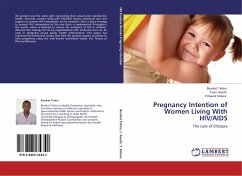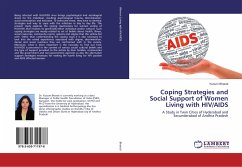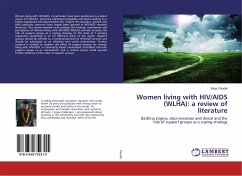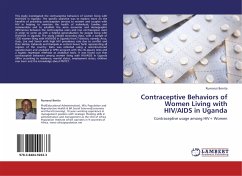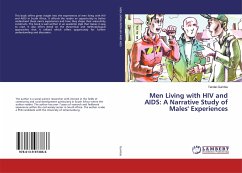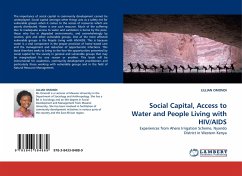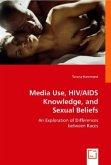HIV/AIDS has a different implication for men and women. Women are more vulnerable to HIV infection than men for biological, social, economic and cultural reasons. In most parts of Ethiopia; poverty, gender inequality, violence against women and harmful traditional practices have increased the risks of HIV transmission among women and young girls. The increased vulnerability of women to the virus has in turn produced a relatively large number of women living with HIV/AIDS-women constitute the majority of people living with HIV/AIDS in Ethiopia. In a society where women hold lower socio-economic status, it has become more difficult to live with the virus and its impacts. This research study therefore explores the socio-economic and cultural problems affecting women living with HIV/AIDS. It also discusses the coping strategies, critical needs, and the roles of women living with HIV/AIDS in the prevention and control of HIV. The study is conducted in Addis Ababa that carries about a quarter of the total number of people living with HIV/AIDS in Ethiopia although it has only 4 percent share from the country's total population.

